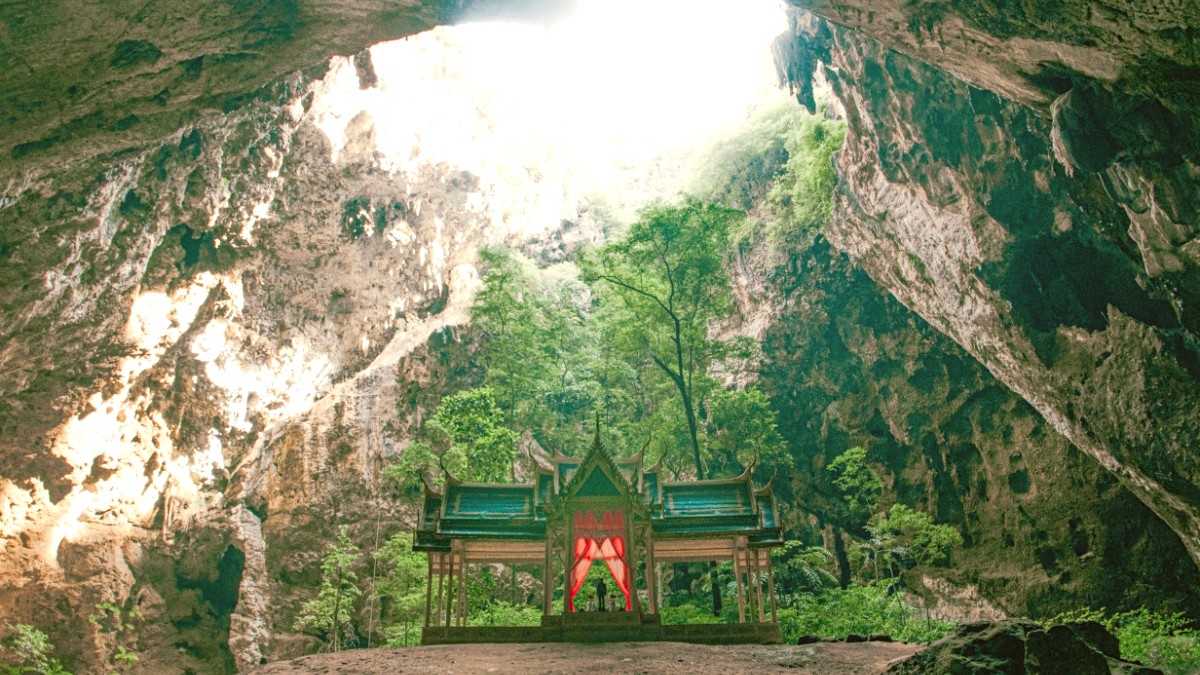
Nakhon Ratchasima Province, Thailand
Khao Yai National Park is a component of the UNESCO World Heritage Site: Dong Phayayen-Khao Yai Forest Complex. This designation notes its exceptional biodiversity and ongoing conservation efforts.
Waste management can be a challenge. Within the national park, bins are available. Visitors carry out all trash. Minimize plastic use.
While Khao Yai receives significant rainfall, water conservation is important, notably in resorts. Be mindful of your water usage during showers and when doing laundry.
Your actions contribute to the preservation of Khao Yai's critical ecological area.
The park employs rangers for anti-poaching patrols. It actively monitors wildlife populations. It maintains a healthy and balanced natural environment for future generations.
Look for resorts promoting sustainable practices, water/energy conservation, local sourcing, and waste reduction. Research tour operators adhering to ethical wildlife viewing.
Travelers purchase carbon offsets for their international flights to Thailand. This lessens the environmental impact of air travel. Locally, using shared transport options like buses and trains from Bangkok rather than private taxis lessens your individual carbon footprint.
Minimize your plastic use by refusing single-use items. Carry a reusable water bottle. Look for reusable products to avoid waste.
Support conservation by purchasing from organizations with stores.
Shop for ConservationCarry a reusable water bottle and refill it whenever possible. This lessens plastic waste, a significant environmental concern in parts of Thailand.
Respectful interaction preserves local traditions and enhances your visit.
Dress modestly, especially when visiting temples, local villages, or conservative areas. Be aware of "Wai" etiquette and observe local customs. A polite smile and "wai" are appreciated.
Remove shoes before entering temple buildings. Cover shoulders and knees. Do not point feet at Buddha images. Avoid turning your back on a Buddha image when sitting. Maintain a quiet and respectful demeanor.
Always ask for permission before taking photos of people, especially monks or villagers. Be discreet and respectful when photographing religious ceremonies or private moments. Do not make people feel like objects for your lens.
Support local crafts and businesses that promote traditional Thai culture. Your purchases keep these traditions alive.
The Thai monarchy is deeply revered. Any criticism or disrespectful comments are strictly prohibited and can lead to severe legal consequences under Lèse-majesté laws. Treat all Buddha images with respect.
Avoid criticism or disrespectful comments regarding the monarchy.
Do not climb on Buddha images or treat them casually.
Keep public displays of affection to a minimum.
Speak respectfully about the monarchy and religion. These topics are deeply revered in Thailand.
Your travel choices directly aid the local economy and communities.
Supporting local guesthouses, restaurants, and souvenir shops in Pak Chong directly aids the local economy and generates income for residents. Choose locally owned hotels, restaurants, and tour guides over international chains. Purchase goods from local markets.
Look for products from local cooperatives or small-scale producers. Avoid purchasing items made from endangered wildlife or products associated with unsustainable practices.
Your choices impact local communities and ecosystems.
Beware of attractions offering direct interaction with wild animals, like riding elephants outside ethical sanctuaries or petting tigers. Research thoroughly to ensure animal encounters are with genuine rescue or rehabilitation centers prioritizing animal welfare.
Khao Yai National Park promotes viewing animals in their natural habitat from a distance. Avoid giving money directly to beggars, especially children. Donate to reputable local charities.
If wishing to contribute, identify reputable local charities or conservation organizations working in the Khao Yai area. Research their mission.
Beware of animal attractions not prioritizing welfare. Research and choose genuine sanctuaries.
When hiring a guide for park treks, choose licensed park rangers or local guides who demonstrate knowledge of the park's rules and prioritize animal welfare and safety.